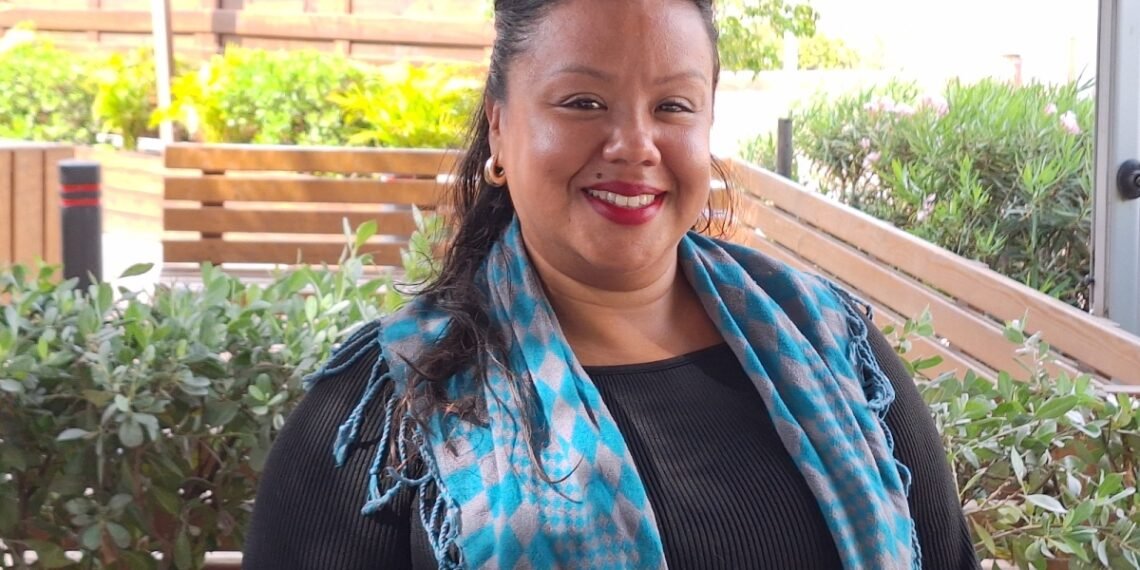Rosa Leon, president of Stichting Mantelzorg Aruba, explains in an interview with DIARIO that informal caregiving is voluntary work where a caregiver helps another person who needs support in their daily life.
She clarifies that the foundation’s goal is to provide guidance and support to informal caregivers in Aruba. Informal caregivers, or “mantelzorgers,” are those who care for family, neighbors, or acquaintances without formal payment.
“Currently, 9% of the total population provides informal care to someone they care about, whether family, neighbor, or friend. It’s no secret that informal caregiving plays a vital role worldwide. These caregivers in Aruba often have no place to turn for guidance or support. Most provide about 8 hours of informal care daily and need moments of rest and advice on how to improve their caregiving.”
Rosa adds, “Many caregivers become caretakers without intending to; they simply arrive at the door where care is needed and provide it. We notice many people need this guidance to offer better home care.”
The foundation seeks to identify caregivers with or without registration, as current data is from 2020, and the number has likely grown with changing needs.
“We lack understanding and acceptance of one another. Taking on caregiving for someone else isn’t easy, especially when no one talks about it. Frustration often arises when caregivers lack the tools they need, making their work much harder,” Rosa stresses.
She emphasizes that informal caregiving is voluntary and unpaid work. “This is something we don’t fully recognize. If we have to care for our elders, we must categorize the importance of informal care. Many care homes lack sufficient space, leaving family members as the primary caregivers. Without community support, the work becomes much harder,” Rosa Leon concludes.






















Discussion about this post